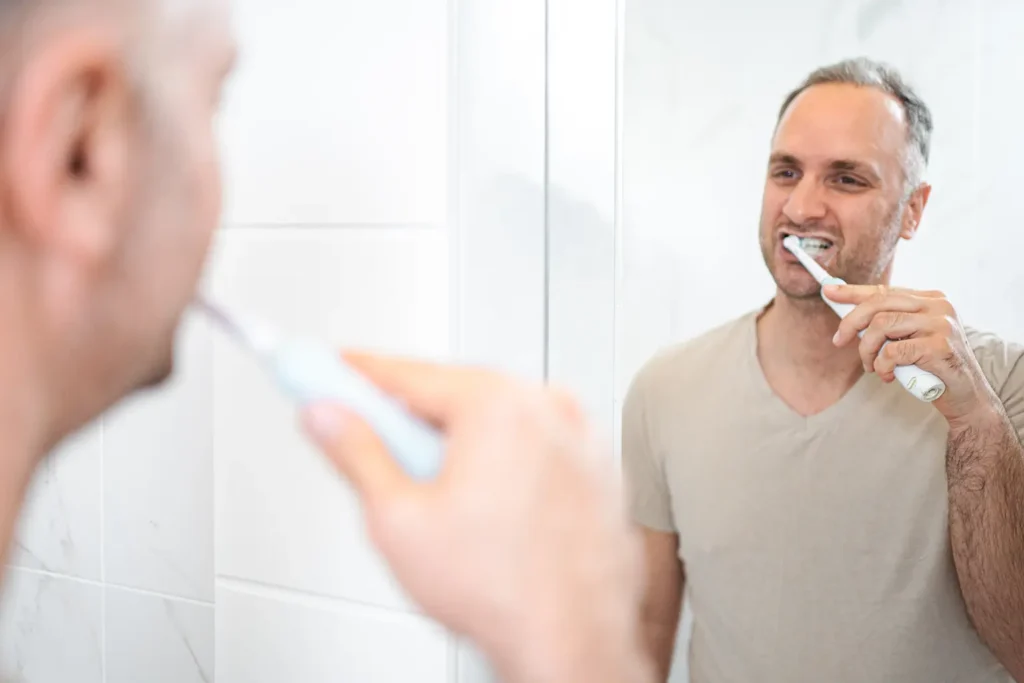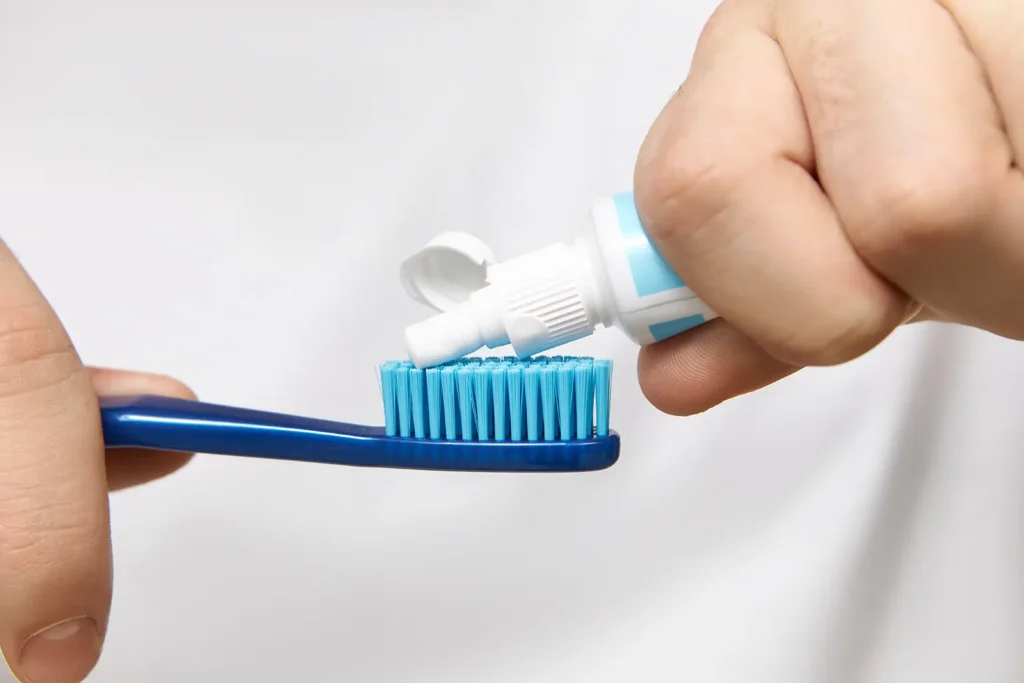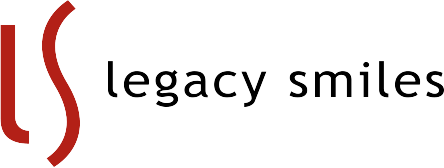
Maintaining good oral hygiene is crucial for overall health. Brushing your teeth is essential for a healthy smile. Regular brushing helps keep your mouth clean, your breath fresh, and your teeth and gums healthy. This article delves into why brushing is so important, providing dentist recommendations on how to brush effectively, and exploring the different types of toothbrushes available. By understanding and implementing these practices, you can significantly enhance your oral health and, consequently, your overall well-being.
Why is Brushing Important?
Brushing your teeth is crucial for several reasons, and it goes beyond just having a bright smile. Here are some of the primary reasons why brushing your teeth is so important:
- Prevents Tooth Decay: Tooth decay, caused by plaque buildup, can lead to cavities and other serious dental issues. Plaque is a sticky film of bacteria that forms on your teeth when you consume foods and drinks. Regular brushing removes this plaque, reducing the risk of decay.
- Fights Gum Disease: Gum disease, or periodontal disease, is an infection of the tissues that hold your teeth in place. It is primarily caused by poor brushing and flossing habits that allow plaque—a sticky film of bacteria—to build up on the teeth and harden. Consistent brushing helps prevent plaque buildup, thereby protecting your gums.
- Eliminates Bad Breath: Halitosis, or bad breath, can indicate poor oral hygiene. Food particles left in the mouth decay and cause an unpleasant odor. Brushing your teeth regularly helps remove these particles and bacteria, ensuring your breath stays fresh.
- Maintains Overall Health: Poor oral health has been linked to various systemic diseases, such as heart disease, diabetes, and respiratory infections. By maintaining good oral hygiene through regular brushing, you can help protect your overall health.
- Enhances Aesthetic Appeal: Regular brushing helps keep your teeth white by removing surface stains from food and drinks. This contributes to a more attractive smile, boosting your confidence and self-esteem.
Dentist Recommendations for Brushing Your Teeth
To maximize the benefits of brushing, it’s important to follow dentist-recommended practices. Here’s how you can brush your teeth effectively:
- Brush Twice a Day: Dentists recommend brushing your teeth at least twice a day—once in the morning and once before bed. This routine helps remove plaque and food particles that accumulate throughout the day and night.
- Use the Right Technique: Proper brushing technique is essential for effective cleaning. Hold your toothbrush at a 45-degree angle to your gums. Gently move the brush back and forth in short (tooth-wide) strokes. Make sure to brush the outer surfaces, the inner surfaces, and the chewing surfaces of all your teeth.
- Brush for Two Minutes: Spend at least two minutes brushing your teeth each time. This duration ensures that you cover all areas of your mouth adequately.
- Don’t Forget Your Tongue: Bacteria can also accumulate on your tongue, leading to bad breath and other oral health issues. Gently brush your tongue every time you brush your teeth.
- Replace Your Toothbrush Regularly: Dentists recommend replacing your toothbrush every three to four months or sooner if the bristles are frayed. A worn-out toothbrush is less effective at cleaning your teeth.
- Use Fluoride Toothpaste: Fluoride is a key ingredient in toothpaste that helps strengthen tooth enamel and prevent cavities. Make sure to use a fluoride toothpaste for optimal dental health.

Tips on How to Brush Effectively
Brushing your teeth effectively requires more than just moving the toothbrush around your mouth. Here are some tips to ensure you’re getting the most out of your brushing routine:
- Choose the Right Toothbrush: Whether you prefer a manual or an electric toothbrush, make sure it has soft bristles. Hard bristles can be too abrasive and damage your gums and enamel.
- Be Gentle: Brushing too hard can cause gum recession and enamel wear. Use gentle, circular motions rather than vigorous scrubbing.
- Pay Attention to Hard-to-Reach Areas: Make sure you’re brushing the back teeth and other hard-to-reach areas where plaque can easily accumulate. Using a toothbrush with a small head can help access these areas more effectively.
- Floss Daily: While brushing is essential, it’s not enough on its own. Flossing daily helps remove plaque and food particles from between your teeth and under the gumline, areas that your toothbrush can’t reach.
- Rinse with Mouthwash: After brushing and flossing, rinse your mouth with an antimicrobial mouthwash to help reduce bacteria and freshen your breath.
Different Types of Toothbrushes
Choosing the right toothbrush is an important aspect of maintaining good oral hygiene. Here are the main types of toothbrushes and their benefits:
- Manual Toothbrushes: Manual toothbrushes are the most common type and come in various shapes, sizes, and bristle types. They are affordable and effective when used with proper technique. Look for a toothbrush with soft bristles and a comfortable handle.
- Electric Toothbrushes: Electric toothbrushes are powered by a battery or rechargeable unit and provide oscillating or vibrating bristle movements. These movements can help remove plaque more effectively, especially for individuals who struggle with manual brushing techniques. Electric toothbrushes often come with built-in timers to ensure you brush for the recommended two minutes.
- Interdental Brushes: Interdental brushes are small brushes designed to clean between the teeth and around braces or dental implants. They are a good alternative for people who find flossing difficult.
- Sulcabrushes: These are specially designed for cleaning along the gumline and are particularly useful for people with periodontal disease or gum recession.
- Chewable Toothbrushes: Chewable toothbrushes are small, disposable brushes that do not require water or toothpaste. They are convenient for travel or use when you don’t have access to your regular toothbrush.
Concluding Thoughts
Brushing your teeth is a fundamental practice for maintaining good oral hygiene and overall health. By understanding why brushing is important and following dentist-recommended practices, you can protect your teeth and gums from various dental issues. Remember to brush twice a day, use the right technique, and choose the appropriate toothbrush for your needs. You can contact
Practice Name: Legacy Smiles for any questions about your oral hygiene and how best to maintain your healthy smile.
At Legacy Smiles, we are committed to helping you achieve and maintain optimal oral health. If you have any questions about your brushing technique or need recommendations for the best toothbrush for your needs, feel free to contact our team. Together, we can ensure that your smile stays healthy and bright for years to come.pport you on your journey to a new year and a new smile!

